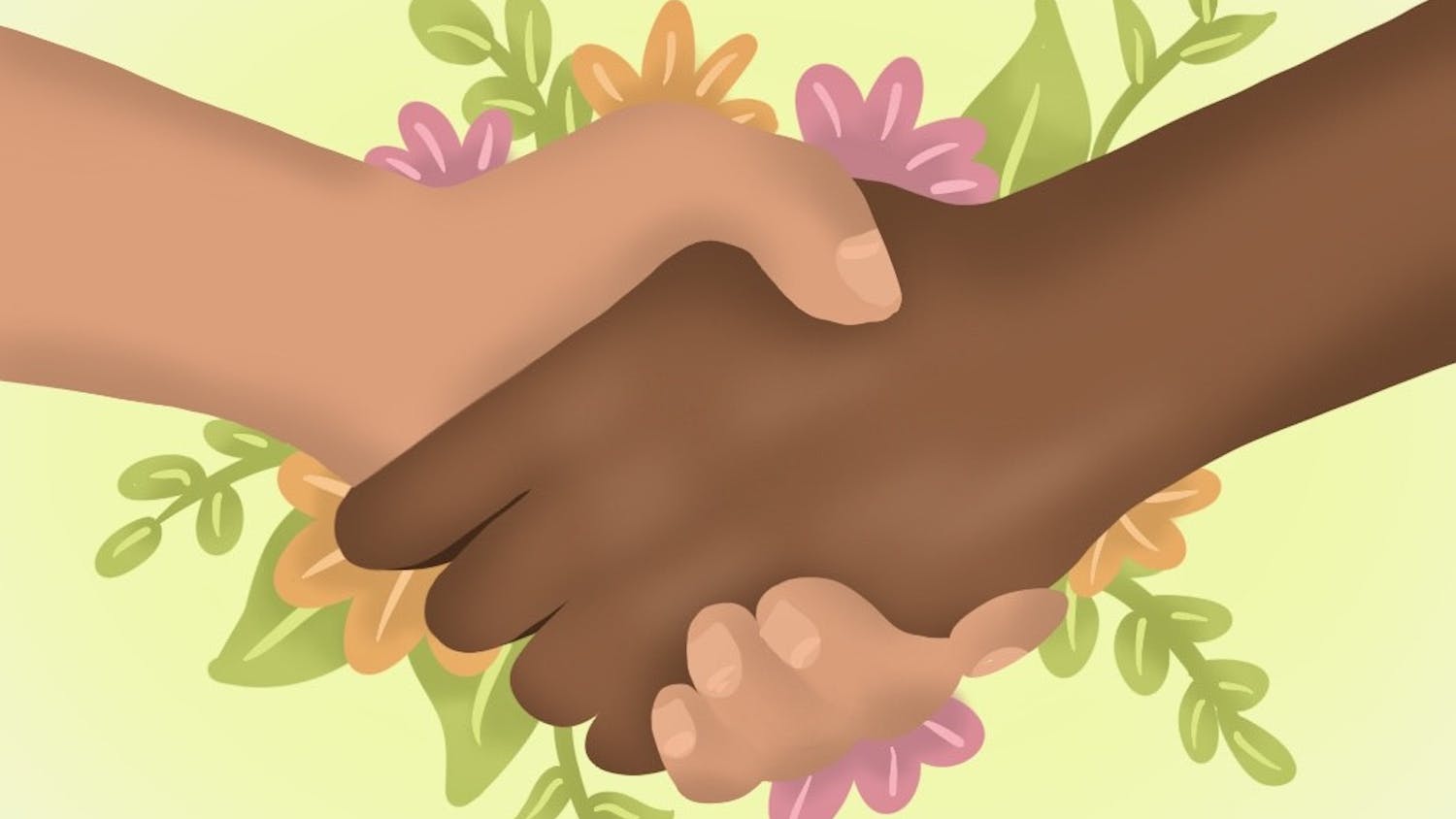It’s a storyline we hear about all the time: Two people meet online, but upon meeting in person, realize either a) they just don’t hit it off like they thought they would, b) they’re totally incompatible or c) one (or both) of them was completely not who they claimed to be online. It’s not a storyline that always ends happily, but it’s become commonplace in our digital world, especially with the prevalence of online dating apps.
However, there’s a reverse situation that I think is also just as common, but it’s not discussed as often. What happens when you get to know someone in person and love them, but their social media presence is… troubling?
By troubling, I don’t mean following a friend and finding their bright photo filters or pun-filled captions aren’t your cup of tea. For me, what comes to mind is digitally friending someone I click with in person but quickly discovering my feed has been flooded with their extreme posting habits, like 24/7 Facebook rants, constant comments so long the “read more” button opens or everyday photos of their breakfast or coffee.
The most confusing part? In person, they’re lovely!
How does one navigate a friendship, or even acquaintanceship, where the in-person and digital presence discrepancy is so drastic that you secretly hope your friend’s posts weren’t actually written by them?
The way I see it, we all have many layers to our personalities, and of course, depending on our surroundings and the people we spend time with in any given circumstance, we may act a certain way or be more outgoing, expressive or reserved. Likewise, we may love certain qualities about each of our friends but feel less enamored by other aspects of them. Maybe our friends feel the same way about us. In person, though, we don’t always see every layer of each other — especially not all at once.
However, in an era when our real-life friends, acquaintances, classmates and teammates are also our Facebook friends and Instagram followers — and are essentially in our pocket and on our feeds all the time — with every scroll, we have the ability to come into contact with their constant updates and different facets of their personality we may not see in person.
Another reality is many people are often more likely to say certain things — whether they’re positive or negative — behind a screen. This could explain why, for some, Facebook, Twitter and Instagram provide opportunities to say or share what may not always have a place in off-screen, social situations. This also explains why some of us may click in person, but online, we’d rather click away from each other’s profiles.
Sure, the tempting “unfriend” and “unfollow” buttons are always there, as if to subtly remind us there’s a way out of this digital friendship fiasco. It also seems like there’s always some new development with the unfollow option, which indicates teams behind social media apps have definitely thought about sticky friendship situations. For example, on Instagram, users can now “mute” someone they follow, which hides their posts from appearing in the feed (without notifying them that they’ve been muted). On Facebook, there’s a similar option called “taking a break” from a friend.
As much as I think there are people in my life who appear very differently on their social media accounts, I often can’t bring myself to unfriend them. Why? For one thing, there’s social pressure to be connected with people online, as it’s become a norm and formality in our society. Beyond that, maybe some online personalities are, as ridiculous as it may sound, too entertaining to part with.
I realize this is the epitome of a 21st century problem, but I do think we should recognize that social media has brought about interesting implications for relationships of all sorts. We should also realize that clicking with someone in person doesn’t always mean our social media behaviors will completely align.
Our friendships in person are much more valuable than whatever our friends’ profiles dictate, so if preserving that relationship means “taking a break” or hitting the “mute” button, then consider it a sign of the times.
Darcy Schild is a UF journalism senior. Her column appears on Wednesdays.






